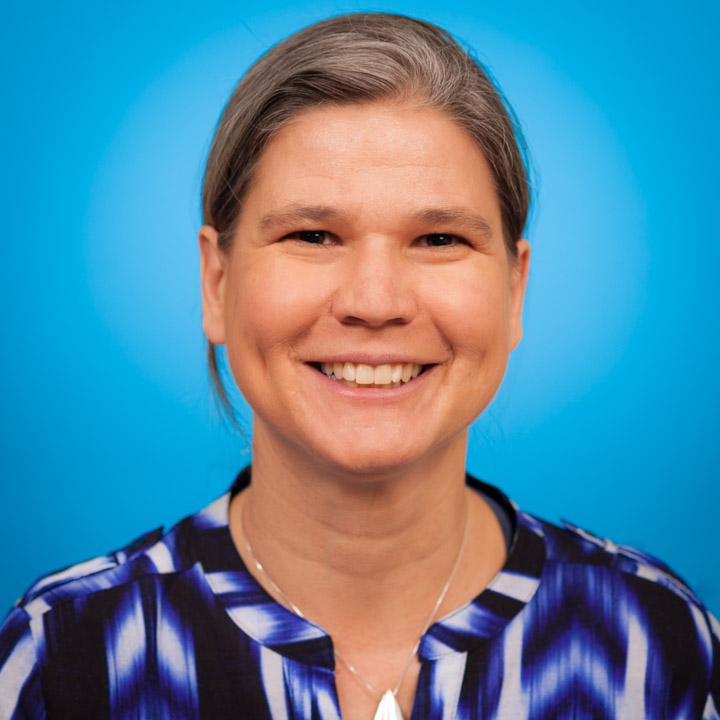
Dr. Smylie is a respected international leader in the field of Indigenous health. One of Canada’s first Métis physicians, her 30 year career has been focused on addressing inequities in the health of Indigenous peoples in Canada by bridging gaps in health knowledge and practice. Trained in medicine at Queen’s University, the University of Ottawa, and the University of Toronto, Dr. Smylie has practiced and taught family medicine in diverse Indigenous communities – urban, rural and remote. She has extra training in women’s health and mental health/therapy. She has also completed a Master of Public Health at John Hopkins University. She currently holds a Tier 1 Canada Research Chair in Advancing Generative Health Services for Indigenous Populations in Canada at St. Michael’s Hospital where she directs the Well Living House Action Research Centre for Indigenous Infant, Child and Family Health and Wellbeing. Her primary academic appointment is at the University of Toronto, Dalla Lana School of Public Health with a cross-appointment to Family and Community Medicine. She continues part time clinical work as a consulting family physician with Inner City Health Associates at Seventh Generation Midwives Toronto.
Dr. Smylie’s foundational contributions in Indigenous health have included the development of guidelines for health professionals working with Indigenous peoples; improving population based Indigenous health assessment and response, particularly for infants and children; and Indigenizing of knowledge translation theory and practice. More recent innovations have included the application of respondent driven sampling to produce previously unavailable population based health needs assessment data for urban Indigenous populations in Canada; identification of best practices in Indigenous maternal, infant and child health; and the development and testing of new approaches to address racism among health professionals and health services serving Indigenous peoples.
Dr. Smylie aims in all aspects of her work to meet the dual criteria of scientific excellence and Indigenous community relevance. She has acquired over $82 million in funding since 2012 and has current applied health research partnership agreements with more than 20 Indigenous organizations/communities.
Dr. Smylie has published over 230 publications (with more than 50 as first author) on the topic of Indigenous health and has one of the highest index factors in this field (40). Her discussion paper “First Peoples, Second Class Treatment: the Role of Racism in the Health and Wellbeing of Indigenous Peoples” was featured on CBC’s the National and downloaded more than 4500 times the week of release. In the past 5 years, she has presented over 185 times as an invited speaker regionally, nationally, and internationally to diverse audiences. She advised the National Statistics Council of Canada for 10 years, where she advised Canada’s chief statistician. Additionally, she has presented to parliamentary roundtables and subcommittees and at multiple provincial/territorial inquests as expert witness.
Tangible Indigenous community impacts of Dr. Smylie’s work include: contributing to the development of the Toronto Birth Centre which incorporates Indigenous knowledge and practice into its day to day operations; substantive health and social service funding increases for First Nations, Inuit and Métis in urban and related homelands that is linked to the Our Health Counts assessment reports; and preservation and application of Indigenous oral history knowledge in the area of reproductive, child, and family health (ie. first Métis baby book; nine documentary films).
Dr. Smylie was named as a fellow of the Canadian Academy of Health Sciences in 2020 and appointed to the Royal Society of Canada in 2022. Dr. Smylie has recruited a world class cadre of Indigenous health researchers, seconded health practitioners, students and staff to St. Michael’s Hospital and developed a highly productive Indigenous health research unit – the Well Living House which is uniquely co-governed by a counsel of Indigenous grandparents and St Michael’s Hospital. She has formally supervised over 75 trainees including medical students, residents, graduate students and post-doctoral fellows – many of whom are now leaders in Indigenous health research, education, practice and policy.
Dr. Smylie’s outstanding accomplishments were recognized in 2012 with a National Aboriginal Achievement/Indspire Award and in 2015 when she was named a Top 20 Pioneer of Family Medicine Research by the Canadian College of Family Physicians.